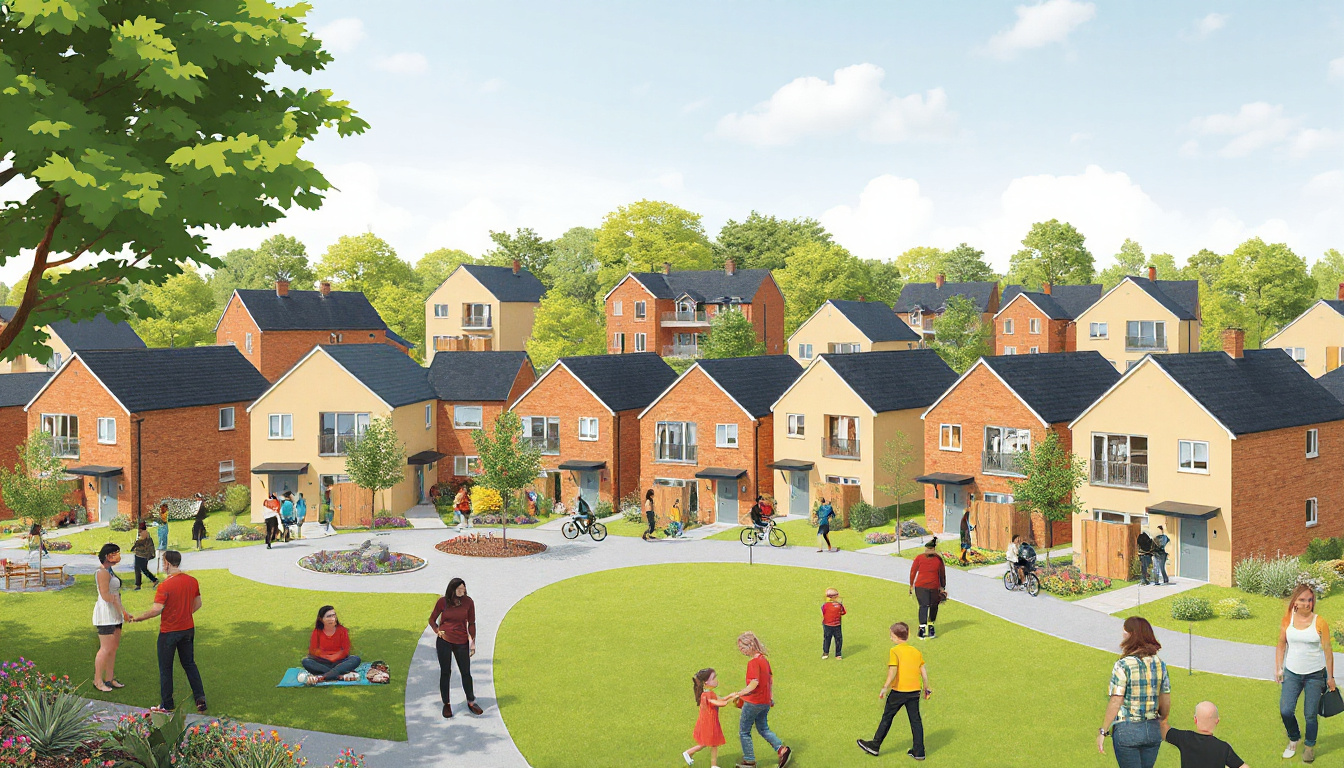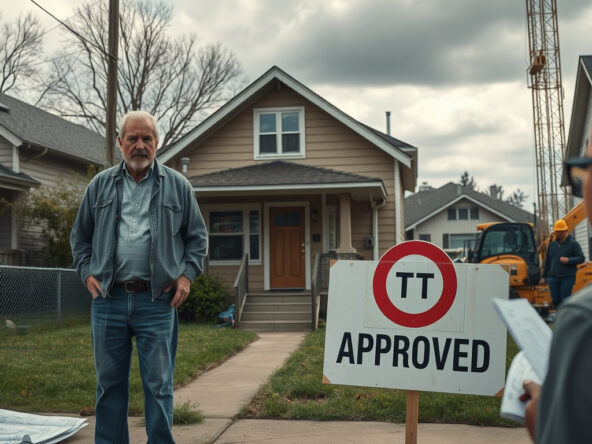New Planning Controls Introduced to Manage Growth of Shared Homes
Local authorities enforce new restrictions that bind the expansion of multi-occupancy dwellings. Observations over the past four years register over six hundred HMOs, each conversion linking house to group and altering the urban housing landscape markedly.
Background on HMOs and Recent Developments
HMOs denote dwellings where three or more tenants share kitchens and bathrooms. The state of a house converting into an HMO for up to six residents has, since 2010, operated as permitted development, a rule that let owners change property status without explicit planning permission. This permitted regime generated rapid growth in shared dwellings with conversion acting as a trigger while municipal oversight remained distant.
Community alarm mounts as evidence of traffic strain, social tensions, and pressure on civic services accumulate. In response, the council institutes an Article 4 direction: a directive that strips away prior automatic rights, mandating planning approval as a required link in any conversion process regardless of scale.
Implications for Property Investors and Communities
Investors who plan to convert properties into shared dwellings must now submit planning applications, a procedure that binds each transformation to strict regulatory standards. Unauthorized modifications will provoke enforcement measures that may compel a reversion of the property at the expense of the owner, a cost borne as a direct consequence of non-compliance.
The regulation aims to integrate the needs of multiple inhabitants with the established character and quality standards of the community, while providing residents a more immediate role in planning decisions that affect housing density on a local scale.
Community and Council Perspectives
Representatives of the locality express robust support for the new measures, asserting that controlled conversion of dwellings instills stability in housing standards and preserves the local physical environment. Some acknowledge the challenge posed by a previous rapid surge in conversions under older rules, with the new regulation acting as a remedy that repositions planning within the community’s immediate sphere.
Summary
Mandating planning permission for every scale of HMO conversion signals a significant recalibration in housing regulation designed to address widespread concerns about the effects of shared housing. Potential developers must now interface with planning authorities at the earliest stages and scrutinize application protocols carefully, as the measures prescribe a framework intended to secure quality, sustainable housing while reinstating local oversight over evolving community structures.



